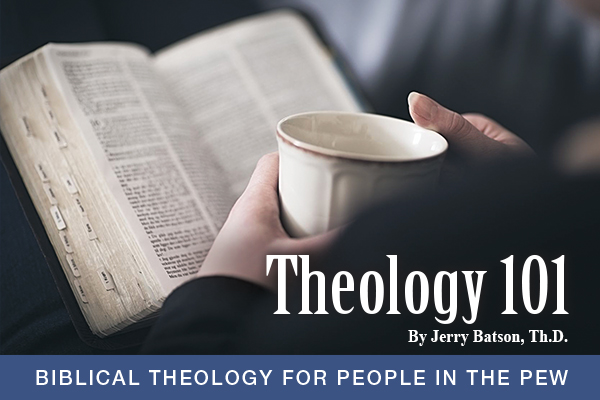Biblical Mysteries
In the second week of this theme, Theology 101 looked at the mystery of God’s kingdom. This is a broad and pervasive subject in the Bible, so we take a second look before leaving the theme of biblical mysteries.
The Gospel of Matthew devotes an entire chapter to Jesus’ use of parables. When His disciples asked why He spoke to the crowds in parables, Jesus explained, “Because it has been given to you to know the mysteries of the Kingdom but to them it has not been given” (13:11).
Jesus’ use of the plural “mysteries” alerts us to the fact that there are multiple truths related to the Kingdom. Remembering that the term mystery as used in the New Testament refers not to truth that is mysterious, unfathomable or difficult to discover, biblical mysteries are divine truths that are secret or hidden until God chose to disclose them.
Spiritual Kingdom
Earthly kingdoms have counted populations and defined boundaries. God’s kingdom is spiritual in nature. Thus, the Bible says of it, “The kingdom of God is not eating and drinking, but righteousness and peace and joy in the Holy Spirit” (Rom. 14:17).
Jesus expressed the spiritual nature of God’s kingdom in Luke 17:20–21: “The kingdom of God does not come with observation; nor will they say, ‘See here!’ or ‘See there!’ For indeed the kingdom of God is within you.”
Being spiritual in nature, God’s kingdom is wherever He is allowed to reign in one’s heart, with the resulting evidences of righteousness, peace and joy.
As noted last week, in his vision of the future in Revelation, John saw 24 elders who sang a new song, the song of God’s eternal kingdom, saying to Christ the Lamb, “[You] have redeemed us to God by Your blood out of every tribe and tongue and people and nation” (5:9).
Inclusive Kingdom
This heavenly song is a reminder that God’s kingdom is inclusive. It is without restrictions about earthly nationality, racial difference, language variation or geographical location.
Not only is the kingdom of God spiritual and inclusive, it is also everlasting. Earthly kingdoms wax and wane, rise and fall, appear and disappear.
One need only to ask, “Where is the Roman Empire of Jesus’ day or the Babylonian Empire of Old Testament times?”
In marked contrast, the Bible speaks of “the everlasting kingdom of our Lord and Savior Jesus Christ” (2 Pet. 1:11).





Share with others: